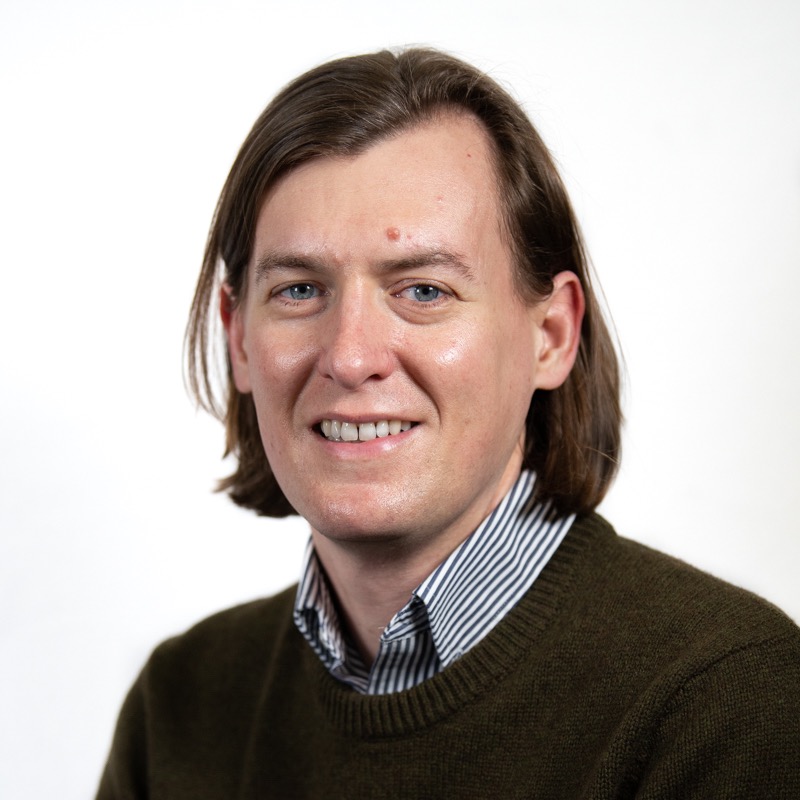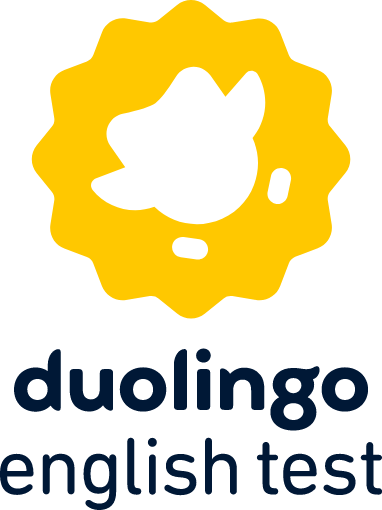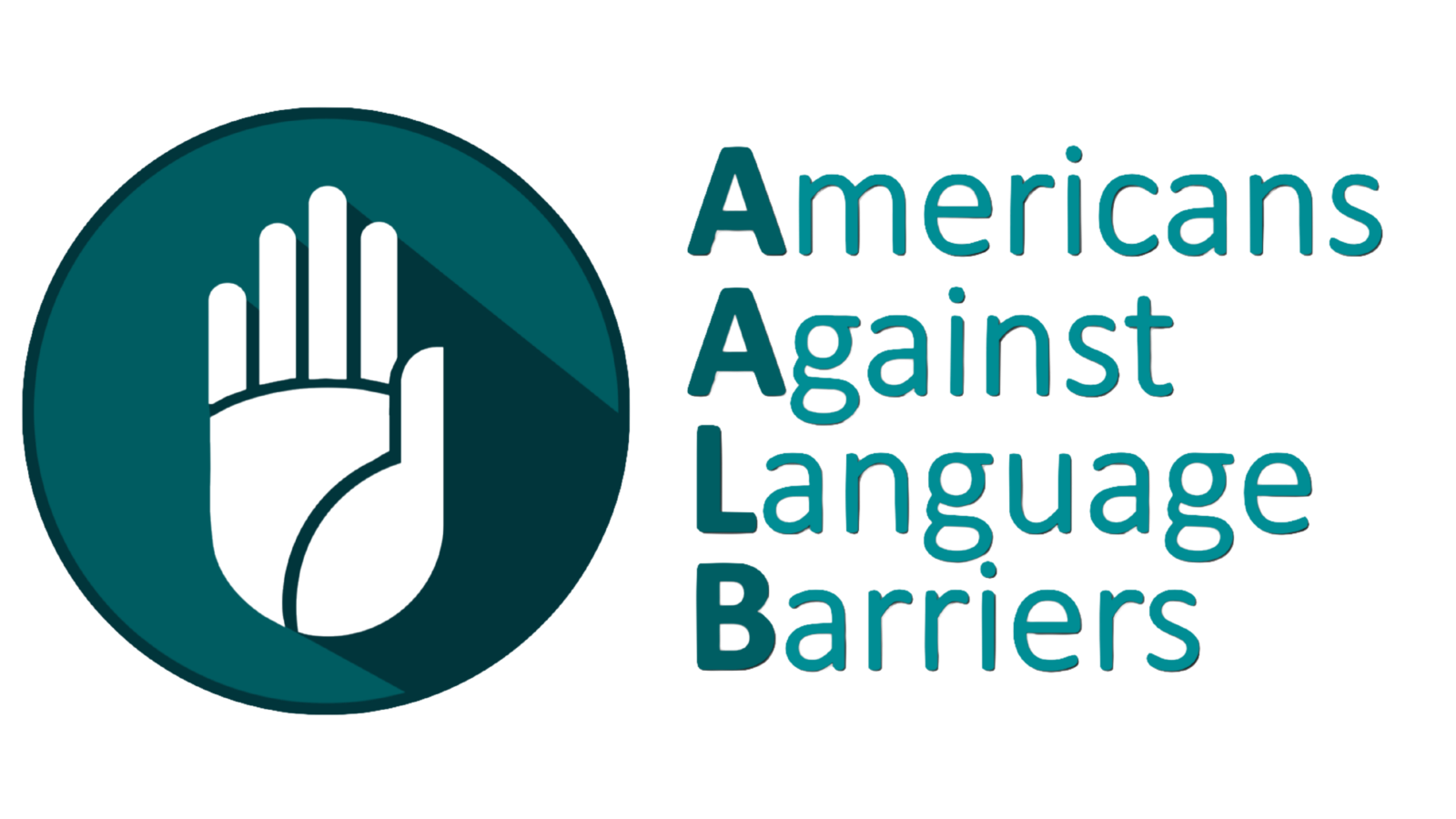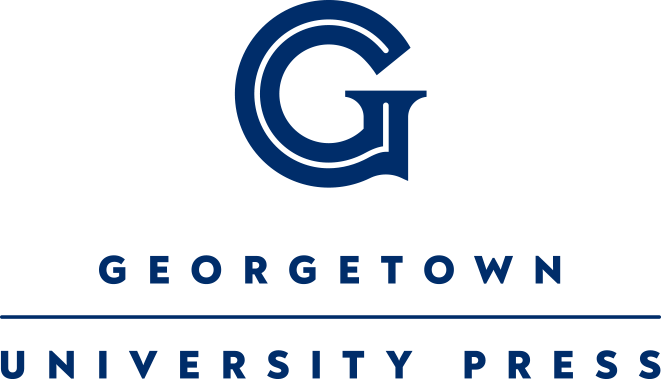AAAL 2025 Conference - Denver, Colorado
Sheraton Denver Downtown Hotel
1550 Court PlaceDenver, CO 80202-5107
United States
* Registration open until 3/25/25 at 12:00 AM (EDT)
You must have an AAAL.org account (member or non-member) to register for AAAL 2025. Click the button that applies to you below to login and register.
AAAL MEMBER LOG IN AND REGISTRATION
JOIN AAAL AS A NEW MEMBER
CREATE GUEST ACCOUNT AND REGISTER
***Please Note: If you are creating an account with us for the first time, initial AAAL.org account setup requires email verification according to our association management system's digital security protocols. This process can take up to 24 hours. Compliance with these protocols requires that access to the registration and proposal system be given after the verification process has been completed. Please email info@aaal.org if you are having difficulty creating your account, logging in, or need additional assistance with registration.
Registration Rates
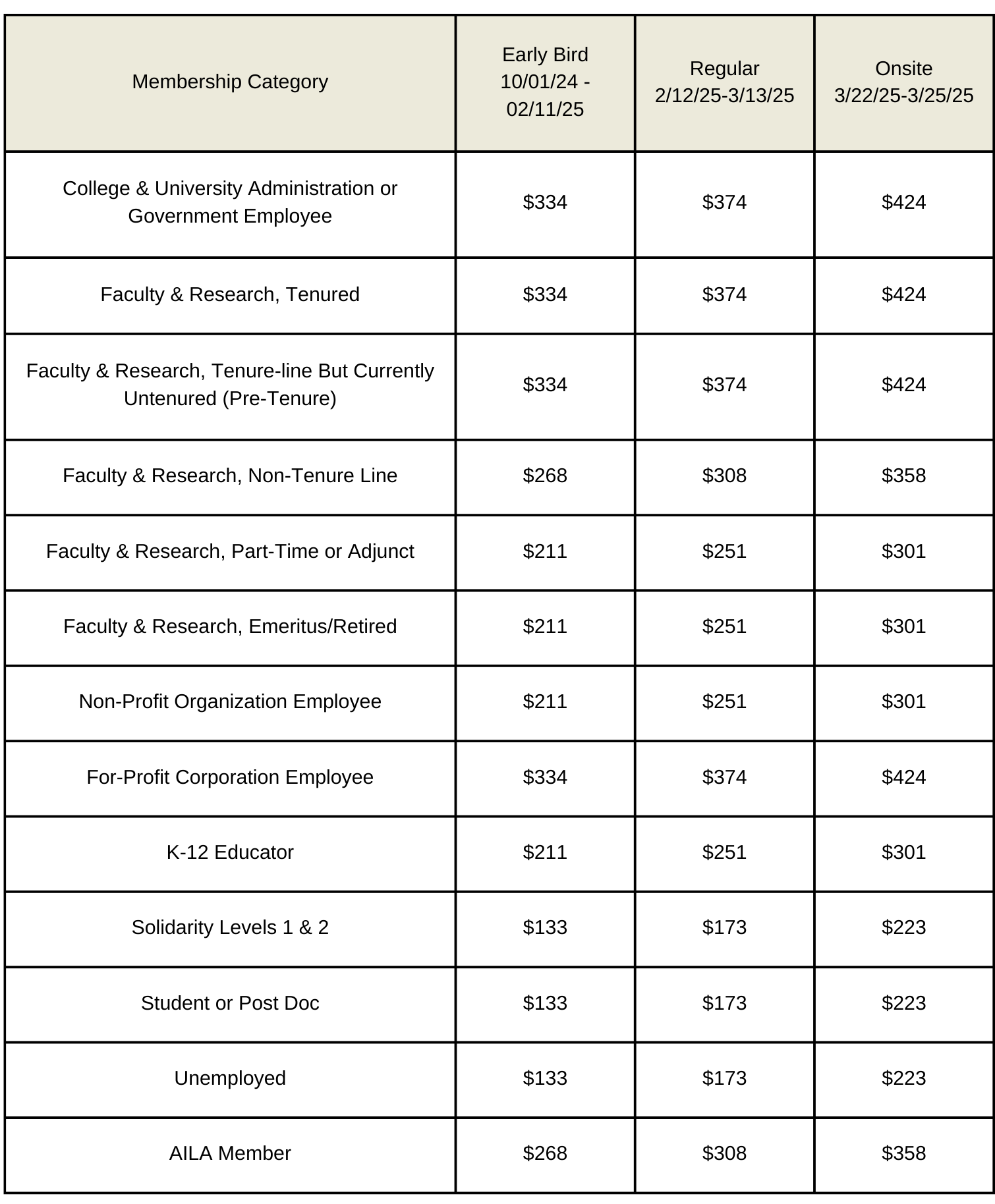
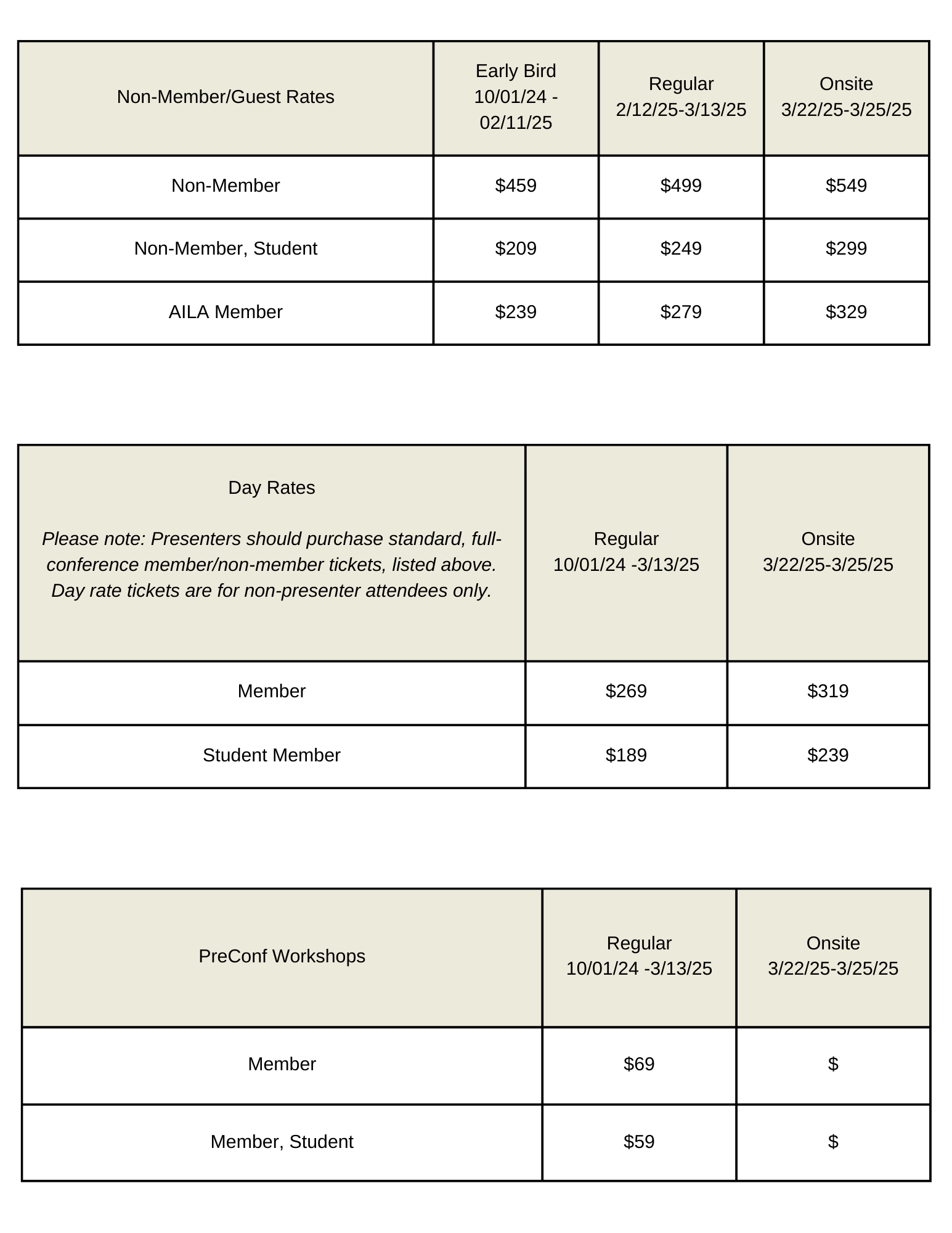
Presenter Resources
Guidelines:
To help you prepare for your presentation, our team has put together detailed guidelines for each presentation type:
Instructions for poster presentations, click here: CLICK HERE TO VIEW
Instructions for individual paper presentations, click here: CLICK HERE TO VIEW
Instructions for roundtable presentations, click here: CLICK HERE TO VIEW
Instructions for colloquium presentations, click here: CLICK HERE TO VIEW
Inclusive Presenter Guidelines: Click here to view
Searchable Schedule: CLICK HERE TO VIEW
Technological Requirements:
To access information about the technological requirements for presenters, click here.
Hotel Floor Plan:
To view a diagram of the Sheraton Denver Downtown Hotel, click here.
Family Resources
Dependent Children Event Attendance Policy
The AAAL Annual Conference is family friendly. We welcome your children and dependents to attend conference sessions and events. Our utmost concern is for the safety and security of our attendees and their children. For the purposes of this policy, “children” are defined as birth children, step children, adopted children, and dependents. If you are bringing children with you to the AAAL Conference, please note the following:
Name Badges for Children
There will be a "create your own" name badge station for children who are with a registered attendee of the AAAL Conference.
Adult Guardian Accompaniment
For the safety of children attending AAAL, children under 18 years of age must be accompanied by an adult guardian at all times.
Child Access to Sessions
Children may be brought into all conference sessions. If the child becomes a serious distraction to other attendees, we ask that the parent step out to address the needs of the child and then reenter the session.
For safety reasons, children under 18 will not have access to the exhibition area during the move-in and move-out periods.
Mother's Room and Family Activity Area
As a part of our effort to create a comfortable environment for your family, we provide a space for lactation needs. Please visit the registration desk to get your key to access the Mother's Room.
We also have a designated Family Activity Area. Please ask for the location when you pick up your registration materials.
Please note that masks are strongly recommended in these areas designated for our AAAL families.
Childcare
AAAL and the conference hotel are not able to provide childcare during the conference.
AAAL Release of Liability
AAAL is not responsible or liable for any child or dependent attendees that are attending the AAAL 2025 Conference Sessions with a conference registrant. Each adult guardian is responsible for the supervision and safety of the accompanying child or dependent.
Our aim is to foster an environment that is accessible and inclusive to everyone, including people with disabilities and individuals from other equity-deserving communities. Your cooperation as a presenter is critical in achieving this goal.
In-Person Room Setup
Wheelchair Access
- Ensure there are empty spaces for wheelchair users and do not move chairs into these designated spaces.
- Keep aisles clear to facilitate ease of movement.
Interpreter Location and Communication
- If sign language interpreters are present, allow a clear line of sight between them and the audience. As a presenter, position yourself so that you can easily be seen by both interpreters and the audience.
Presenter Location
- Avoid speaking from darkened areas to help those who rely on lip-reading.
Communication During Presentations
Clarity
- Always use a microphone when available.
- Avoid shouting but make sure you are loud enough to be heard.
- Please use the automatic live captioning functions if available in your presentation software (find out how to do this when using PowerPoint, Google Slides, and Keynote here).
- If all or part of your presentation is pre-recorded, include captions. This not only aids those with hearing impairments but also provides clarity in noisy environments or poor audio conditions. You can find further resources for adding automatic captions to pre-recorded videos of presentations
-
here.
Pace
- Keep a moderate speaking speed.
- If requested by the audience, sign language interpreters, or those using real-time captioning, be prepared to slow down.
- To ensure a moderate speaking speed and/or be able to respond to requests for a possible reduced pace, try to keep your presentation content concise (i.e., do not “overstuff” your presentation content).
Audience Interaction
- If comfortable, introduce yourself with your pronouns and invite attendees to do the same.
- Always repeat questions or statements from the audience to ensure everyone has heard.
- During discussions, one person should contribute at a time, and contributors should identify themselves by name. This is especially important in the presence of sign language interpreters.
Presentation Slides (PowerPoint, Keynote, Canva, Google Slides, etc.) and Audiovisuals
Preparing Slides in Advance of the Conference
- Try to prepare your presentation slides in reasonable advance of the conference. Blind or visually impaired participants and sign language interpreters may ask for them in advance to aid them and those with whom they work in their engagement with your ideas.
Font Style
- Use a consistent font and color scheme. Using different styles and colors can make reading more difficult for the audience.
- Sans-serif fonts are strongly recommended as they are easier to read. If using a serif font, choose from the list below as these suggested fonts have less decorative edges (which can cause reading difficulties).
- Recommended sans-serif fonts: Arial, Calibri, Century Gothic, Helvetica, Garamond, Lucida Sans (Windows), Lucida Grande (Mac), Tahoma, Verdana.
- Recommended serif fonts: Book Antiqua, Bookman Old Style, Times New Roman.
Font Size
- In terms of font size, the larger the better. Remember, your slides must be readable, even at the back of the room.
- A good title size is Verdana 40 point.
- A good subtitle or bullet point size is Verdana 32 point.
- Content text should be no smaller than Verdana 24 point.
Using Caps & Italics
- Avoid using all capital letters (e.g., "PLEASE HELP AAAL."), as it makes text hard to read and it conceals the use of acronyms.
- Italics can be used for “quotes,” and to highlight ideas.
Slide Background
- Try to use the same background on each slide.
- Avoid white backgrounds; use either off-white with black text or dark with light colored text.
Use of Color
- Color combinations to avoid include:
- Green and blue
- Dark yellow and green
- Purple and blue
- Orange and green
- Red and green
Text Positioning & Animation
- Avoid putting text/subtitles at the bottom of the screen because people in the back of the room cannot see them.
- Limit animations since they can be distracting for people with visual disabilities. Be consistent if you choose to use them.
Graphics, Charts/Graphs, & Illustrations
- Avoid using unnecessary graphics and those that are difficult to read from a distance.
- Tables and graphs should be presented on individual slides.
- Add alt text to any images on the slides. Blind or visually impaired participants may ask for a copy of your slides in advance of the conference and alt text allows them to read the images. Further resources on including alt text can be found here.
-
For any visuals you distribute or display, give a brief verbal description; this is essential for those who are blind or visually impaired.
Slide Content
- Limit each slide to one idea.
- Use bullet points to cover components of each idea.
- Keep each bullet to 1-2 lines.
- Limit the number of bullets in a slide to six.
- Avoid large blocks of text.
Further Resources
-
Further resources on accessible slide design can be found here.
Shareable Materials
Handouts
-
If providing handouts, offer versions in large-print format (14- to 16-point font, boldface).
Shareable versions
- Prepare downloadable versions of your presentation slides or text. Make these available ahead of time if possible or through QR codes.
Online Events
Microphones & Cameras
- When not contributing, mute your microphone to minimize background noise.
- When making an active contribution, please try to keep your camera on to facilitate lip-reading and non-verbal communication.
Turn Management
- During discussions, one person should contribute at a time.
- Those taking a turn should always identify themselves by name.
View these guidelines as a PDF:
Conference FAQs
Conference Information, Program, & App:
- Can I bring a guest to the ...?
- Can people who are not graduate students attend the graduate student events?
- Will there be childcare?
- Is there a lactation room?
- Will you have a quiet area?
- Will there be a interfaith room?
- How do I get help with the app?
- How can I tell if a session has been canceled?
Hotel, Food, & General Questions:
- Is there someplace safe I can leave my poster/backpack/laptop while I go to sessions?
- I have lost my wallet, cell phone, credit cards, room key, glasses, etc. Where is the lost and found?
Conference Information, Program, & App:
Can I bring a guest to the ...?
No, only registered attendees may attend conference functions.
Can people who are not graduate students attend the graduate student events?
Graduate student events are designed specifically for graduate students. Individuals who are not graduate students should not attend.
AAAL and the conference hotel are not able to provide childcare during the conference. Find more information on family resources here.
As a part of our effort to create a comfortable environment for your family, we provide a space for lactation needs. Please visit the registration desk to get your key to access the Mother's Room.
AAAL will provide a Tranquility Space. Please visit the registration desk to get access to the Tranquility Space. AAAL asks you please abide by these guidelines when in the Tranquility Space:
- All activities and attendees must be quiet
- No talking in room; take all conversations outside
- No headphones/music
- No eating/drinking
- Phones on mute; no sounds, no vibrating
Will there be an interfaith room?
AAAL will provide an interfaith room. The room will be divided by a drape. AAAL asks you to please abide by these guidelines when in the prayer room:
- All activities and attendees must be quiet
- No talking in room; take all conversations outside
- No headphones/music
- No eating/drinking
- Phones on mute; no sounds, no vibrating
How do I get help with the app?
Prior to the conference please email info@aaal.org for questions.
How can I tell if a session has been canceled?
In the online program or app, it will begin with [Canceled].
Conference Information, Program & App:
Is there someplace safe I can leave my poster/backpack/laptop while I go to sessions?
AAAL does not have a safe space to leave valuable materials. It is recommended to keep valuable items in your hotel room and/or safe.
I have lost my wallet, cell phone, credit cards, room key, glasses, etc. Where is the lost and found?
There is a lost and found box located in the back of the Registration Desk where found items will be held until the end of the conference day. Then, they will be taken to the hotel front desk.
Relational Accountability as a Framework for Language Work ... Indigenous and Beyond
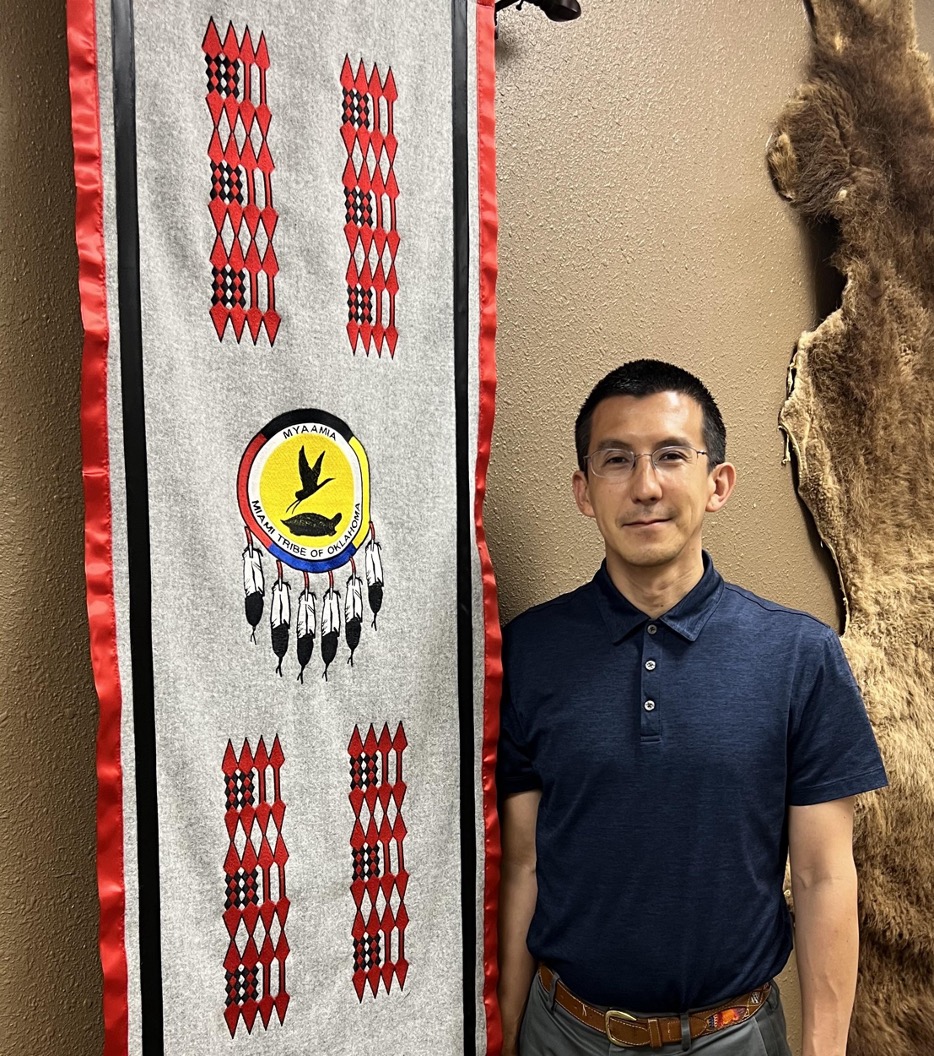
There is a longstanding practice across language sciences of discussing language separately from the personal lives, communicative practices, and embodied experiences of colonial oppression that members of Native American and other Indigenous language communities have (Davis, 2017). Even in applied language sciences, where sociopolitical context tends to receive stronger focus, engaging with language in academic contexts can still privilege dominant language ideologies, categories, and pedagogies, thereby alienating members of Indigenous communities and scholars who are allied with these communities. Not surprisingly, Indigenous people remain underrepresented in Applied Linguistics, and those who do engage the field often report negative experiences, noting that the field does not adequately include, represent, or help us and our communities. But it does not have to be this way.
What changes when Native American and other Indigenous intellectual approaches serve as the baseline from which language, languaging, and other areas of applied linguistics are approached? The purpose of this presentation is to engage this broad question both with the specific goal of improving how applied linguists engage with Indigenous languages and language communities, and also with the more general objective of probing and shifting disciplinary praxis in Applied Linguistics as a whole. To do this, I draw upon ideas from Indigenous Studies, particularly two core values that are foundational in my Miami community and in many other Indigenous communities. One is relationality, operationalized for this presentation as “the worldview that everything is interrelated, and by extension, interdependent” (Venegas and Leonard 2023, 333). Ensuing is the notion of relational accountability, which calls not only for recognizing and honoring relationships to land, community, and intergenerational knowledge, among other areas, but also provides a framework for applied linguists to responsibly support Indigenous communities and their language efforts. Relational frameworks call for disciplinary praxis that firmly recognizes how community language shift results from disruptions to relationships due to colonial oppressions and dispossessions, and that by extension, language reclamation requires accountability to the linguistic sovereignty that Indigenous language communities already have and to fostering new relationships to language that they seek to have.
Wesley Y. Leonard (he/him) is a citizen of the Miami Tribe of Oklahoma and an associate professor of Native American Studies in the Ethnic Studies department at the University of California, Riverside. Drawing from his PhD in Linguistics (University of California, Berkeley, 2007) and experience as an additional language learner and practitioner in myaamia and other community-based language programs, his research aims to build language reclamation capacity in Native American and other Indigenous communities by cultivating language reclamation praxis, which centers community needs, values, and definitions of language, while also changing the norms of language sciences to facilitate such work. As part of this, he co-developed the Natives4Linguistics project, which promotes Native American needs, research and ethical protocols, and intellectual tools as a basis for doing linguistics. His scholarship appears in a variety of outlets such as Gender and Language, Language Documentation and Description, Dædalus, Language, Journal of Linguistic Anthropology, and Language Learning.
Associated colloquia: Barbara Meek and Adrienne Tsikewa
The Asianization of Linguicism: Language Policies as Racializing the Asian Diaspora
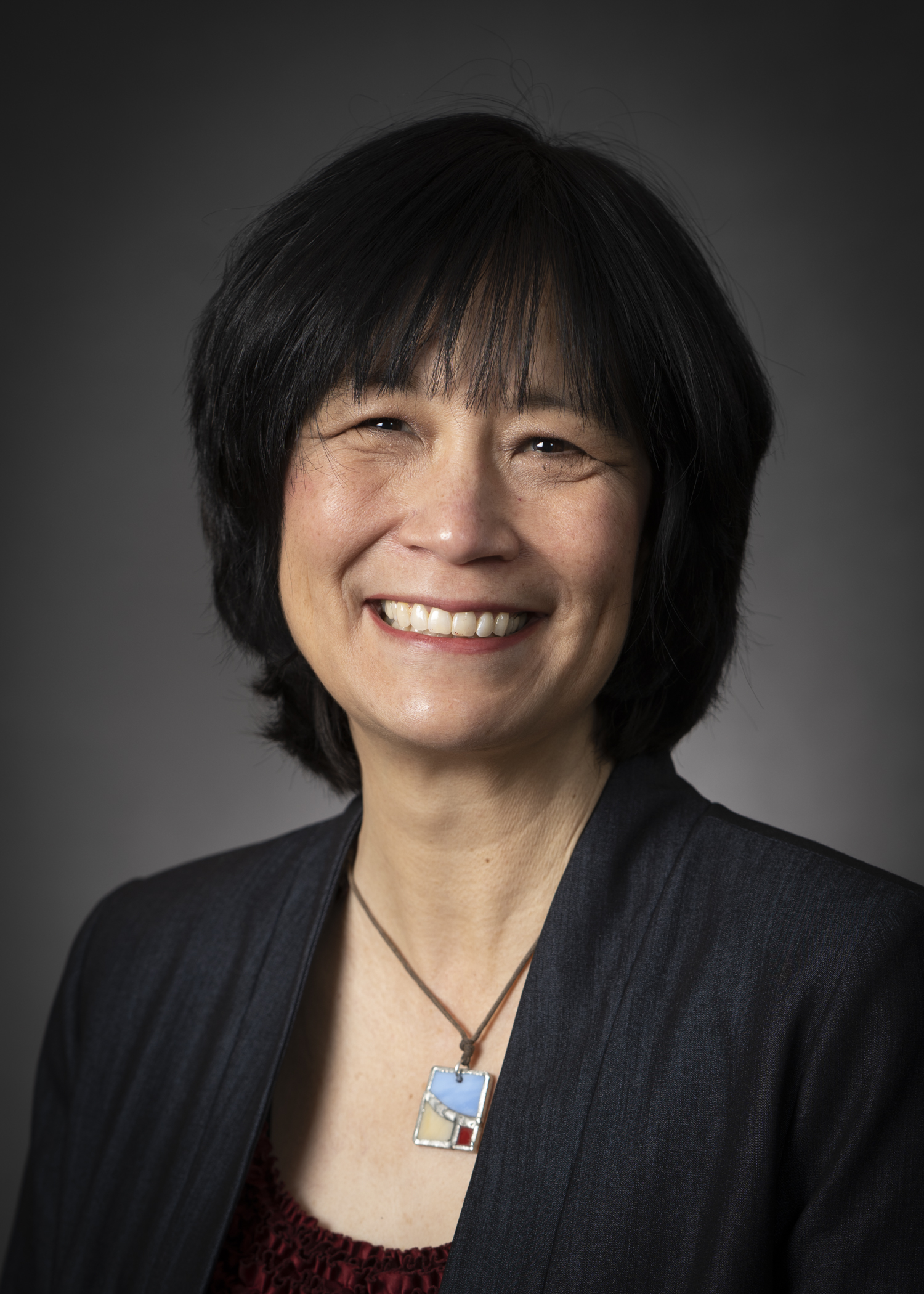
The Asian American and Pacific Islander (AAPI) diaspora is often ascribed as the racial community that has achieved relative success compared to other groups of color, yet this additive ascription is used discursively and materially to reproduce Whiteness and forms of anti-Blackness. The racialized romanticization of this Asian model also maps onto language with English being plotted along a continuum of approaching to attaining proficiency, even among AAPIs who claim English as their only language. Such constructions around linguistic authenticity and attainment are grounded in meritocracy assuming that one’s hard work will ultimately generate full inclusion. Yet linguistic and racial ascriptions of AAPIs are co-naturalized, constructing them as incomplete citizens or foreigners, regardless of generational or language identity. Thus, the specialization or customization of treatment within educational and language policy is less necessary, creating the conditions for their relative invisibility and erasure. This concocted matrix of hyper success in comparison to other groups of color, coupled with critiques of their full linguistic attainment/performance unsettles the theory of the racial bourgeoise, returning us to historic and contemporary narratives of suspicion and disposability; a continuum of invisibility to hypervisibility.
Drawing from racial triangulation theory (Kim, 1999; 2018; 2023), raciolinguistic (Alim et. al, 2016; Flores & Rosa, 2015) and LangCrit perspectives (Crump, 2014), this talk traces the history of the Asianization of linguicism. I examine how racial and linguistic visibility and invisibility are naturalized, normalizing the conditions for racial and linguistic subjugation of Asian minds and bodies through humor, scapegoating, and emotional and physical violence. Beginning with the Chinese Exclusion Act and moving forward to the policy reforms of the War on Poverty and the language rights case of Lau v. Nichols (1974) to the present, I map how AAPI ethnolinguistic communities are oftentimes the maleficiaries within educational and language policy; both de jure and de facto. Given increased Sinophobia following the COVID-19 pandemic, and the profound regress in affirmative action and voting rights, I forward an intersectional matrix for language policy and planning.
Trish Morita-Mullaney is an Associate Professor in Literacy and Language at Purdue University with a courtesy appointment in Asian American Studies and serves as the Co-Director of the Center for Literacy and Language Education and Research. Her research focuses on the intersections between language, race, national origin, and gender identities and how this informs the identity acts of educators within multilingual communities. Guided by critical and feminist thought, she examines these intersectional identities and how they inform the logics of educational decision making for multilingual individuals and families. As a former ESL and bilingual teacher and administrator, she draws from her experiences and relationships within schools, programs, and communities to understand the assemblages of economic, political, and social capital. Her newly published book with Multilingual Matters, “Lau v. Nichols and Chinese American Language Rights: The Sunrise and Sunset of Bilingual Education” examines the Lau v. Nichols (1974) language rights case as developed, experienced, and implemented by the Chinese American community of San Francisco’s Chinatown. With co-editors Khánh Lê, Zhongfeng Tian, and Alisha Nguyen, she has a forthcoming edited volume entitled, “The long overdue voice: Asian Americans in Bilingualism and Bilingual Education” capturing the narratives of the Asian diaspora within bilingual education.
Associated colloquia: Chris Montecillo Leider and Kevin Wong
An Intersectional Look at Critical Applied Linguistics: Current Research, Future Directions, and Some Skeptical Remarks
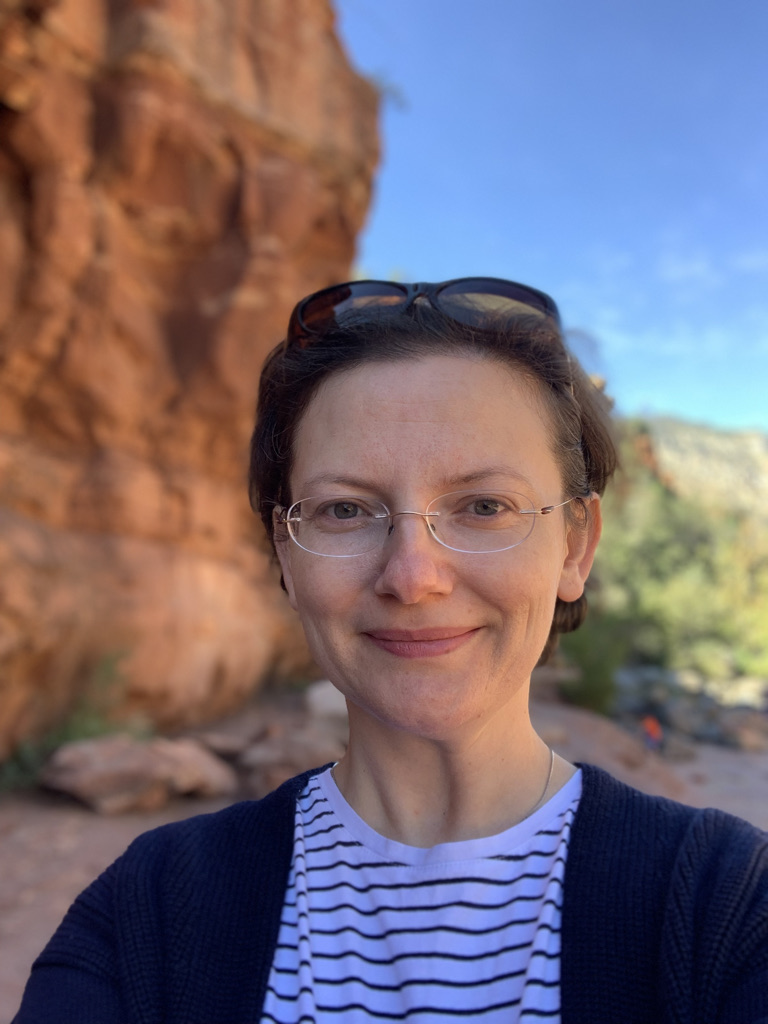
Critical applied linguists have been engaged in justice-oriented scholarship for decades although this area of research has grown exponentially and received more attention in recent years. It is through this critical scholarship, in the form of empirical research, theoretical engagement, and advocacy that critical applied linguistics brings together different ways of knowing and responds to global injustices and the growing global inequality. In this talk, by amplifying voices of critical applied linguists and maintaining a critical and sometimes highly skeptical stance towards existing critical scholarship and advocacy efforts, I aim to engage in newer theorizations of intersectionality, discuss invisible and left-out intersectionalities in critical applied linguistics, and discuss ways to increase our collective efforts for intersectional advocacy and justice. I first begin with a short overview of the major lines of research in critical applied linguistics, especially in relation to global migration and related social changes and crises. This critical engagement is guided by intersectionality, a framework that aims to understand the privilege and oppression through an analysis of the complex interplay of identities and intersecting forms of power. Next, I discuss a future research agenda aimed at re-theorizing intersectionality for critical applied linguistics, by challenging but respecting intersectionality’s primary focus on race and the Global North, as well as re-envisioning education from K-12 to teacher professional learning through an intersectional lens. I conclude with interrogating intersectional advocacy within the field, with the goal of promoting intersectional efforts and practices in and for multiply-marginalized bodies and communities.
Dr. Hayriye Kayi-Aydar is an associate professor of English Applied Linguistics at the University of Arizona, where she teaches in the MA TESL and Interdisciplinary PhD SLAT programs. Often using narrative inquiry and discourse analysis approaches, her research focuses on the intersectional identities and agency of teachers in multilingual contexts. She has served or is serving on editorial boards for various journals including TESOL Quarterly; Journal of Language, Identity, and Education; ELT Journal; and Linguistics and Education. Dr. Kayi-Aydar is the author of Positioning theory in applied linguistics: Research design and applications (Palgrave MacMillan, 2019) and Critical applied linguistics: An intersectional introduction (Routledge, 2024), as well as the co-editor of five books on language teacher education.
Associated colloquia: Yasmine Romero
Toward an Anticolonial World Language Curriculum
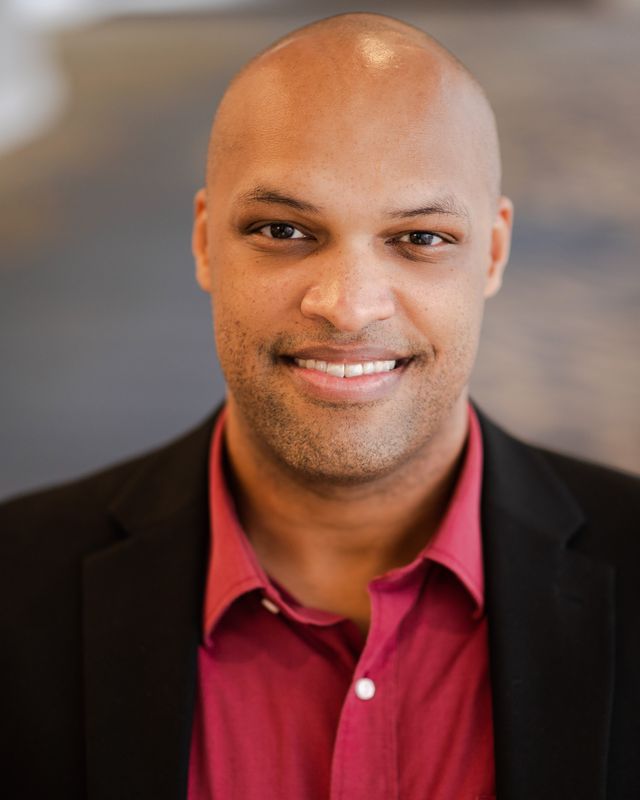
In recent years, antiracist, anticolonial, and justice-centered approaches to the teaching and learning of world languages have gained much momentum and visibility. However, we are at a crossroads. Just as researchers and educators have embraced these pedagogies, the pushback against such ideologies and associated pedagogies has also gained momentum. This pushback has attempted to limit classroom and societal discourse relating even to broad concepts such as race, diversity, and inclusion. In particular, recent reactions from institutions have shown that the consequences for anticolonial solidarity and activism have been severe. So where do we go from here? In this presentation, I turn our attention to the curriculum as a site of activism, as it is a space that reflects the content, voices, perspectives, competencies, and skills that we value and deem worthy of instruction. Although national, state, and local language curriculums often broadly allude to concepts of diversity, cultures, and communities as integral components of a language education, the framing of and focus on proficiencies and competencies reflect a coloniality that is steeped in capitalist pursuits and marketplace ideologies. I argue that an anticolonial, abolitionist perspective enables us to reimagine what the purpose of a language education is, who a language education is for, and what successful language learning entails.
The World-Readiness Standards for Learning Languages (The National Standards Collaborative Board, 2015) is the most ubiquitous curricular framework for teaching languages in US contexts, and it also provides the theoretical foundation for state curriculums and textbook content. As such, I use these standards as a starting point for exploring how we got to where we are and how we can move forward. I begin by exploring common ways that the field has conceptualized such notions as proficiency, competency, culture, and community. I then present a framework for an anticolonial language curriculum that 1) recognizes how anticoloniality intersects with other justice-centered frameworks such as racial and linguistic justice, and 2) incorporates the language and ideologies associated with broader social movements for justice and abolition. In line with the conference theme of “relational accountability,” I draw upon Indigenous research and knowledges to guide us as we imagine the possibilities of an anticolonial curricular framework for world language education.
Dr. L. J. Randolph Jr. is an Assistant Professor of World Language Education and affiliate faculty in Second Language Acquisition at the University of Wisconsin-Madison. Dr. Randolph’s teaching career has spanned over 20 years, including a decade as a Spanish and ESL teacher at the secondary level. His research and teaching focus on various critical issues in language education, including teaching Spanish as a heritage, home, or community language; incorporating justice-centered, anti-racist, and anti-colonial pedagogies; and centering Blackness and Indigenousness. He is a co-editor of the book How We Take Action: Social Justice in PK-16 Classrooms (Information Age Publishing). An advocate for abolitionist, liberationist, and transformative language education, Dr. Randolph is the 2024 president of ACTFL and a former president of FLANC and AATSP-NC.
Associated colloquia: Aris Clemons and Tasha Austin
Linguistic racism, (post)colonialism, and Indigenous languages
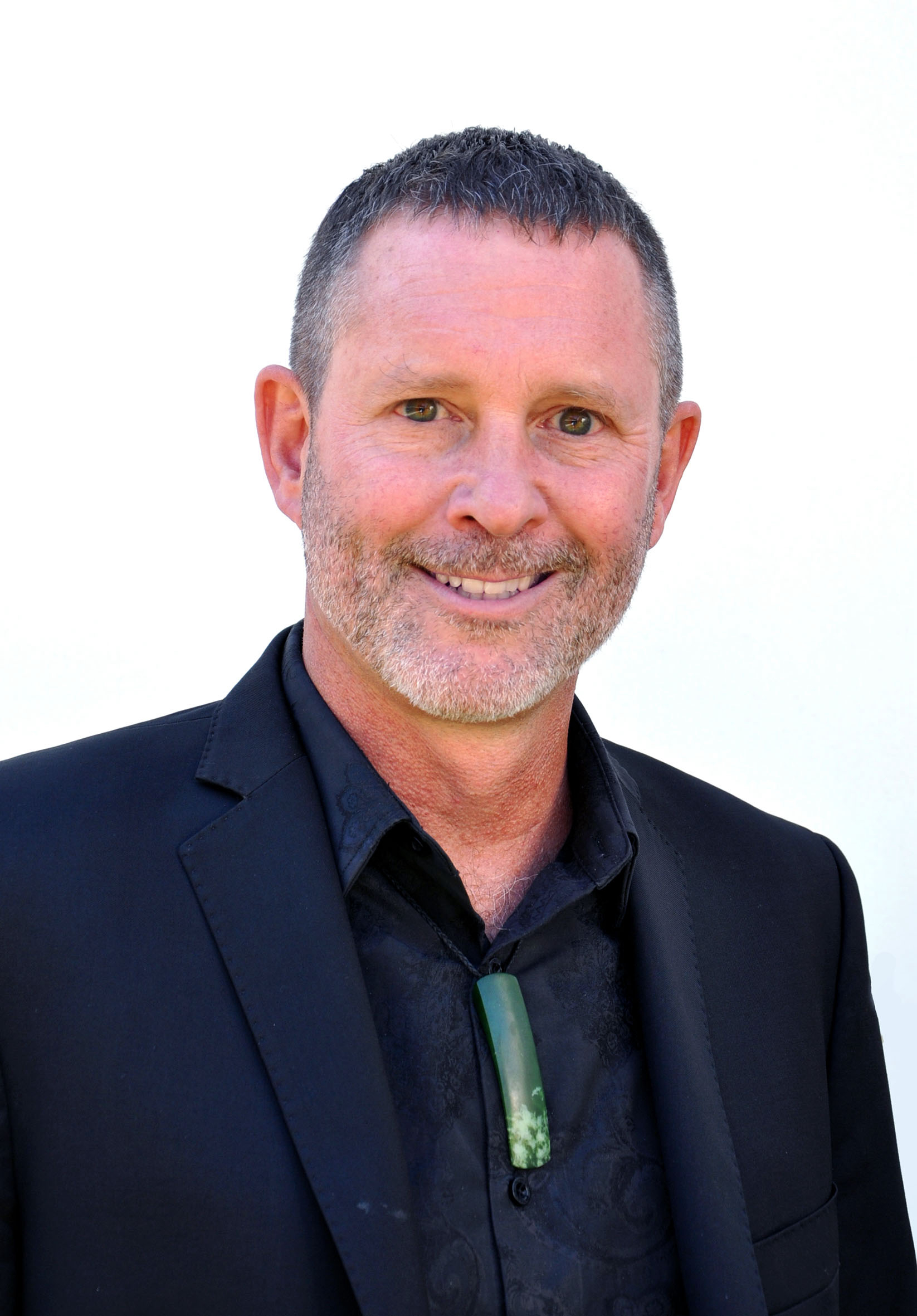
A key feature of the confluence of modern nation-state formation and colonization has been the marginalization and denigration of minoritized language varieties, particularly Indigenous languages, over time. Indigenous languages have been actively proscribed in public language domains, such as education, leading to their inevitable shift and loss, in settler-colonial contexts worldwide. This process of linguistic hierarchization has also often been, and continues to be, linked to both overt and covert forms of linguistic racism. Linguistic racism, a form of cultural racism, uses discursive constructions of language use and related linguistic hierarchies as a proxy for the racialized discrimination and subordination of Indigenous peoples and other minoritized ethnic groups.
In this presentation, I will first trace the interdisciplinary strands that underpin our theoretical understandings of linguistic racism. These include the role of language in nation-state formation in the sociology of nationalism, the advent of “new racisms” in the sociology of racism, the exploration of “everyday racisms” in social psychology, and direct discussions of linguistic racism, drawing on work in both language ideology and, more recently, raciolinguistics. I then illustrate the resilience and continued expansion of linguistic racism – with a focus on Indigenous languages – via my own national context, Aotearoa New Zealand. I focus, in particular, on the public contestation of the increasing normalization of te reo Māori, the Indigenous Māori language, in contemporary New Zealand society. This growing opposition is in response to the successes of the last 40 years of Māori language revitalization. These linguistically racist discourses thus act in defense of English monolingualism, the direct linguistic legacy of New Zealand’s settler-colonial history, along with the privileges this history has provided for White, monolingual English-speaking New Zealanders. From this discussion, I highlight the ongoing challenges for Indigenous language revitalization, in New Zealand and elsewhere, while also outlining in conclusion how these discourses of linguistic racism might be (better) challenged and contested.
Dr. Stephen May is a Full Professor in Te Puna Wānanga (School of Māori and Indigenous Education) in the Faculty of Arts and Education, University of Auckland, New Zealand. He is an interdisciplinary scholar and international authority on language rights, language policy, Indigenous education, bilingual education, and critical multicultural approaches to education. Additional research interests are in ethnicity and nationalism, social theory (particularly the work of Bourdieu), sociolinguistics, and critical ethnography.
Stephen has published 26 books and over 120 articles and chapters in these fields, including the award-winning Language and minority rights (Routledge, 2nd ed., 2012), and The multilingual turn (Routledge, 2014). His most recent book is Critical ethnography, language, race/ism and education (Multilingual Matters, 2023, with Blanca Caldas). Stephen is Editor-in-Chief of the 10-volume Encyclopedia of Language and Education (Springer, 3rd ed., 2017) and founding co-editor of the interdisciplinary journal Ethnicities (Sage). He is the coordinating editor for the Multilingual Matters book series, Language, education and diversity, and co-editor of the Palgrave Macmillan book series, Palgrave studies in minority languages and communities. He is a Fellow of the American Educational Research Association (AERA), and of the Royal Society of New Zealand (FRSNZ).
Associated colloquia: Mi Yung Park
AAAL 2025 is pleased to provide three
pre-conference workshops.
They will be held at the University of Colorado, Denver on Friday, March 21st from 9:00 AM-4:00 PM MST
Narrative Inquiry in Applied Linguistics: Making meaning and being reflexive |
Creativity in applied linguistics: Drawing on the literary, visual, and performing arts in our research
Designing and Publishing High Quality Replication Studies in Applied Linguistics
Narrative Inquiry in Applied Linguistics: Making meaning and being reflexive |
Workshop Abstract
Narrative inquiry methodologies in applied linguistics have gained legitimacy and significant visibility in recent decades, particularly in areas such as language teaching and learning, teacher education, and identity (Barkhuizen, Benson & Chik, 2025; Hiratsuka, 2022). This workshop begins by providing a broad overview of narrative inquiry in applied linguistics, focusing particularly on the types of data collected and methods of analysis. Teacher-researchers, teacher educators, early career researchers in applied linguistics and also more experienced researchers wishing to learn about narrative approaches will gain an understanding of the rationale for using narrative methods in applied linguistics, their main goals, and their limitations. Central to this discussion will be the concept of ‘story’ – what stories are, how they can be used for research purposes, and how sharing stories has implications for researcher reflexivity, including emotional and relational reflexivity.
Participants will be introduced to a variety of methods for narrative data collection and analysis, including thematic analysis, the analysis of narrative frames, multimodal and digital narrative analysis, short story analysis, and writing as analysis. Participants will have the opportunity to gain hands-on experience using them with authentic data provided in the workshop. They are also invited to bring their own narrative data to share and to collaboratively analyze (details to be provided closer to the workshop). Participants will work in small groups and present the outcome of their work to other participants and the presenters, who will provide constructive feedback throughout the workshop. The workshop will conclude with a discussion on the reporting of narrative findings, such as their representation and format, including in dissertations, and theses.
Workshop Presenter
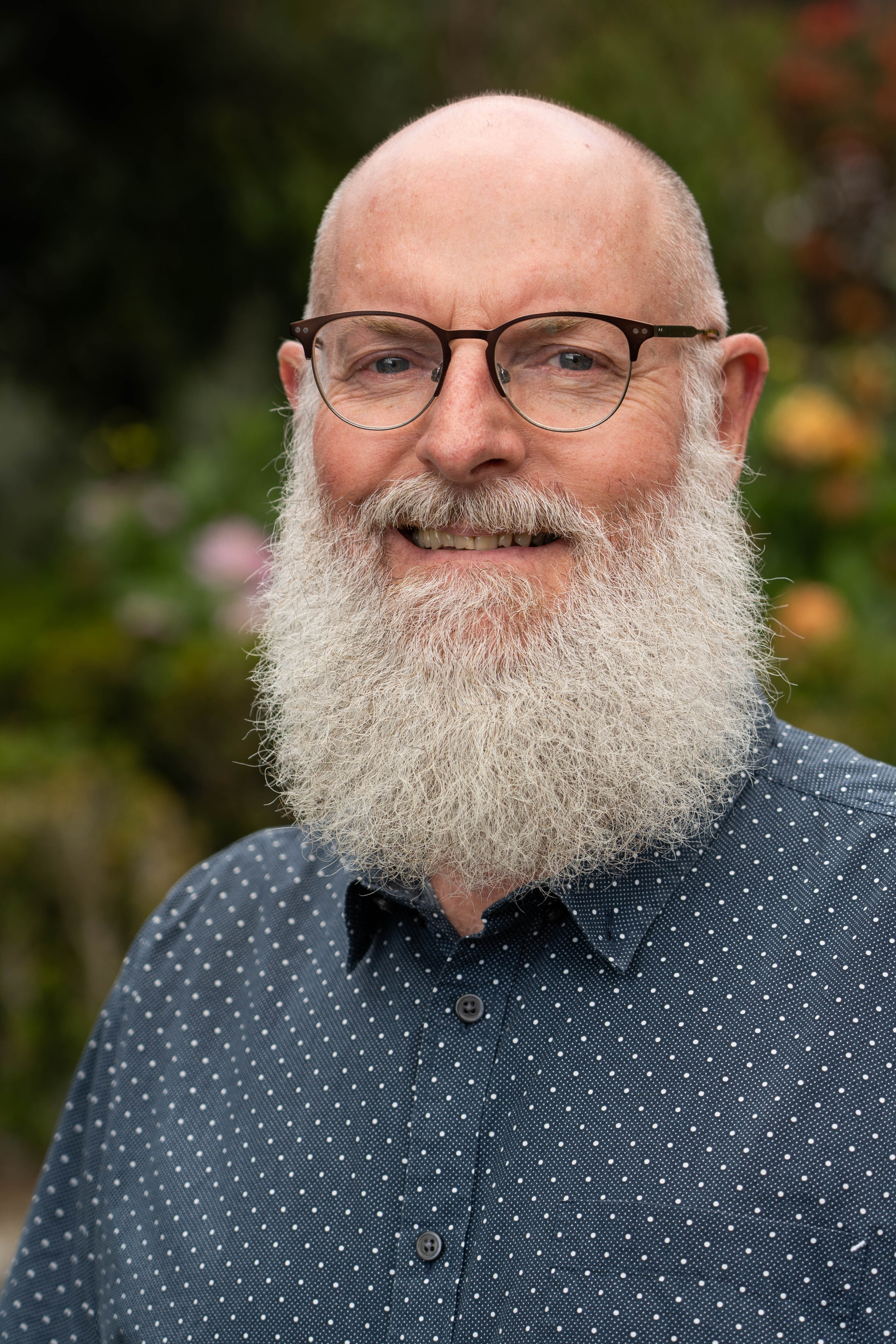
Gary Barkhuizen is professor of applied linguistics at the University of Auckland, New Zealand. His teaching and research interests are in the areas of language teacher education, teacher and learner identity, study abroad, and narrative inquiry, and these are reflected in his many publications, conference presentations, and books, which include Narrative Research in Applied Linguistics (2013) (Cambridge), Reflections on Language Teacher Identity Research (2017) (Routledge), Qualitative Research Topics in Language Teacher Education (2019) (Routledge), Language Teacher Educator Identity (2012) (Cambridge), and Narrative Inquiry in Language Teaching and Learning Research (2nd Edn) (2025) (Routledge). In 2017 he won the TESOL International Association’s award for Distinguished Research.
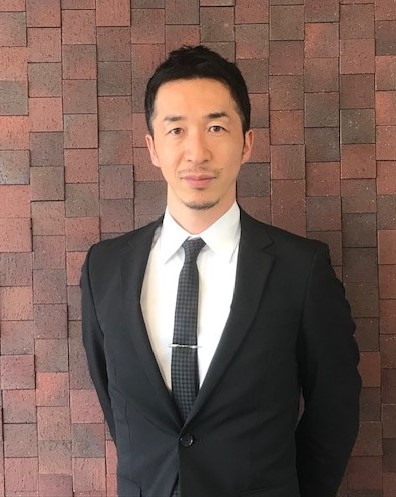
Takaaki Hiratsuka is professor of applied linguistics at Ryukoku University, Japan. His teaching and research interests lie in the areas of teacher education, teacher research, and qualitative research methods (in particular, narrative inquiry). His recent book publications include Narrative inquiry into Language Teacher Identity: ALTs in the JET Program (2022) (Routledge), Team Teachers in Japan: Beliefs, Identities, and Emotions (2023) (Routledge), and Native-Speakerism and Trans-Speakerism: Entering a New Era (2024) (Cambridge).
Creativity in applied linguistics: Drawing on the literary, visual, and performing arts in our research
|
|||||
AAAL Policy on Harassment
Requesting ADA Accommodations for the 2025 AAAL Conference
AAAL Travel Policy
Conference Cancellation Policy
Health & Safety Guidelines
Dependent Children Event Attendance Policy
Photography Waiver
AAAL Privacy & Data Use Notice
AAAL Policy on Harassment
AAAL is committed to providing and maintaining a safe and welcoming environment for all members and participants in all its professional activities and spaces. It does not tolerate discrimination or any forms of harassment based on race, ethnicity, color, gender, sexual orientation, religion, language, national origin, ancestry, disability, appearance, marital status, caste, age, and other constructions of difference. It is the responsibility of the community as a whole to promote an inclusive and positive environment for all association activities. Any violations of this policy should be reported to TellSomeone@aaal.org.
Your message will be relayed by the Business Office to the AAAL President and/or other members of the AAAL Executive Committee as necessary. Reports will be kept as confidential to the extent possible and be investigated thoroughly. Anyone found to be in violation of this policy will be subject to appropriate disciplinary action.
Requesting ADA Accommodations for the 2025 AAAL Conference
AAAL aims to carve out more accessible spaces and practices during the 2025 Conference in Denver, CO, and at future conferences. Everyone who is interested in attending the 2025 AAAL Conference is welcome to seek accommodations/adjustments to meet your disability and special needs via this form. You are not required to disclose your disability or identity status when making such requests. For issues related to hotel reservation, please contact the hotel directly.
The Conference Organizing Team kindly asks that accommodation requests be submitted by January 16, 2025 so that your request will most effectively be supported. If you have missed this date, feel free to make your requests anyway. The conference team will do their best to accommodate all requests.
Among possible accommodations, the 2025 Conference has a limited number of Zoom-enabled slots that allow for the remote delivery of presentations. Presenters for whom in-person participation presents a serious health risk will be prioritized in the allocation of these slots.
AAAL Travel Policy
AAAL recognizes that much more needs to be done to improve the accessibility of future conferences. The current Standing Rule 17 (see below) is incompatible with an anti-ableist perspective and is currently under review. A Working Group, including members of the AAAL disability community, has been established to understand how the conference can disrupt ableist oppression and access barriers.
As stated in the AAAL's Standing Rule 17:
Adjudicated conference presentations may not be done solely by telecommunication procedures; at least one co-author must be physically present at the conference.
-
-
- Although in-person participation is prioritized, exception to this policy will be made in certain cases to allow for video-recorded presentations or online synchronous presentations. The Q&A segment for online synchronous sessions will be managed by a student volunteer. Accommodation requests for the following will be given priority:
-
-
-
-
- Medical circumstance of self or immediate family member which prevents travel
- Denial or rejection of visa beyond a time frame which reasonably allows for travel accommodations to the conference, at the Conference Chair’s discretion
- Citizenship of or current residence in a “travel ban” country
-
-
In 2025, travel may still pose difficulties for some presenters due to COVID-19. Please read more here.
Conference Cancellation Policy
Refunds due to cancellation will be processed as follows:
- Cancellation on or before February 10, 2025 at 11:59 PM EST - Refund 70% of registration fee
- Cancellation on or after February 11, 2025 at 12:00 AM EST - No refund due to cancellation
If registered at a member rate and membership expires prior to the last published date of conference, you will be contacted in advance of conference to either renew membership, or pay the difference between the member registration rate and non-member registration rate. Should renewal not be completed prior to arriving onsite, the membership will need to be renewed onsite or the difference in the non-member and member rate collected prior to entering the conference.
Please note: All cancellation requests must be made in writing to info@aaal.org.
Membership fees are non-refundable.
Health & Safety Guidelines
AAAL 2025 organizers are following the safety guidelines and protocols of the Centers for Disease Control and Prevention and the Sheraton Denver Downtown Hotel. The American Association for Applied Linguistics asks for your help to ensure the safety of all attendees at this event, which will operate consistent with CDC, state, and venue guidance and restrictions related to COVID-19. Participants will receive a logistics email one-week prior to the Conference with this and additional information.
These are our expectations for participation based on existing rules and best practices:
- Vaccines: AAAL strongly recommends that attendees are vaccinated or have a negative COVID-19 test within 72 hours of participation. The AAAL 2025 conference team will not be checking for proof during the conference.
- Masks: Regardless of vaccination status, masks will be optional for all indoor events.*
- Personal Responsibility: If you are exhibiting COVID-19 symptoms or believe you encountered someone with COVID-19, please get a test and refrain from attending any Conference events.
- Sanitizing Stations: Will be available throughout the hotel, especially in high traffic areas.
The above approach is consistent with current guidelines but may be subject to change. We are looking forward to seeing you in March 2025, and we thank you for your cooperation to enable everyone to have a healthy experience.
*AAAL 2025 is a family friendly event. If you are in one of our family friendly designated spaces (i.e., the family resting area or mother’s room) masks are strongly recommended.
Dependent Children Event Attendance Policy
The AAAL Annual Conference is family friendly. We welcome your children and dependents to attend conference sessions and events. Our utmost concern is for the safety and security of our attendees and their children. For the purposes of this policy, “children” are defined as birth children, step children, adopted children, and dependents. If you are bringing children with you to the AAAL Conference, please note the following:
- There will be a "create your own" name badge station for children who are with a registered attendee of the AAAL Conference.
- For the safety of children attending AAAL, children under 18 years of age must be accompanied by an adult guardian at all times.
- Children may be brought into all conference sessions. If the child becomes a serious distraction to other attendees, we ask that the parent step out to address the needs of the child and then reenter the session.
- For safety reasons, children under 18 will not have access to the exhibition area during the move-in and move-out periods.
- AAAL and the conference hotel are not able to provide childcare during the conference.
- AAAL is not responsible or liable for any child or dependent attendees that are attending the AAAL 2025 Conference Sessions with a conference registrant. Each adult guardian is responsible for the supervision and safety of the accompanying child or dependent.
Photography Waiver
Registration and attendance at, or participation in, AAAL meetings and other activities constitutes an agreement by the registrant to AAAL's use and distribution (now and in the future) of the registrant or attendee’s image or voice in photographs, videotapes, electronic reproductions and audiotapes of such events and activities.
AAAL Privacy & Data Use Notice
For all AAAL Privacy & Data Use Notice, please click here.
Questions?
Please reach out to info@aaal.org if you have any questions about any of these policies.

Sheraton Denver Downtown Hotel
1550 Court Place
Denver, CO 80202
United States
Air Travel Information
Please see below information for special rates negotiated through AAAL for Air Travel.
 |
Delta Air Lines is pleased to offer special discounts for the AAAL 2025 Conference. Please click here to book your flights. You may also call Conferences and Events® at 1.800.328.1111* Monday–Friday, 8:00 a.m. – 6:30 p.m. (EST) and refer to Meeting Event Code NY3KJ |














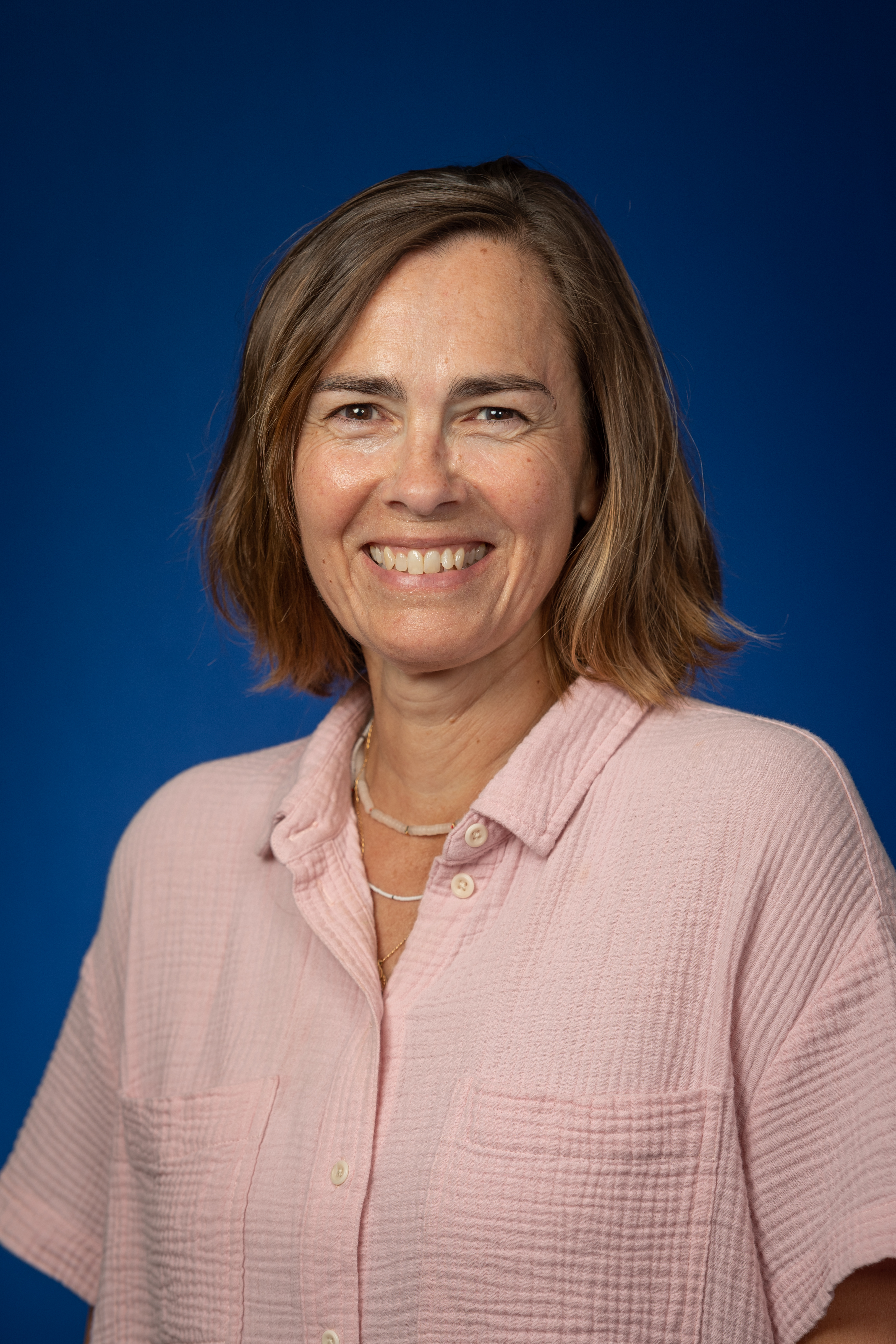
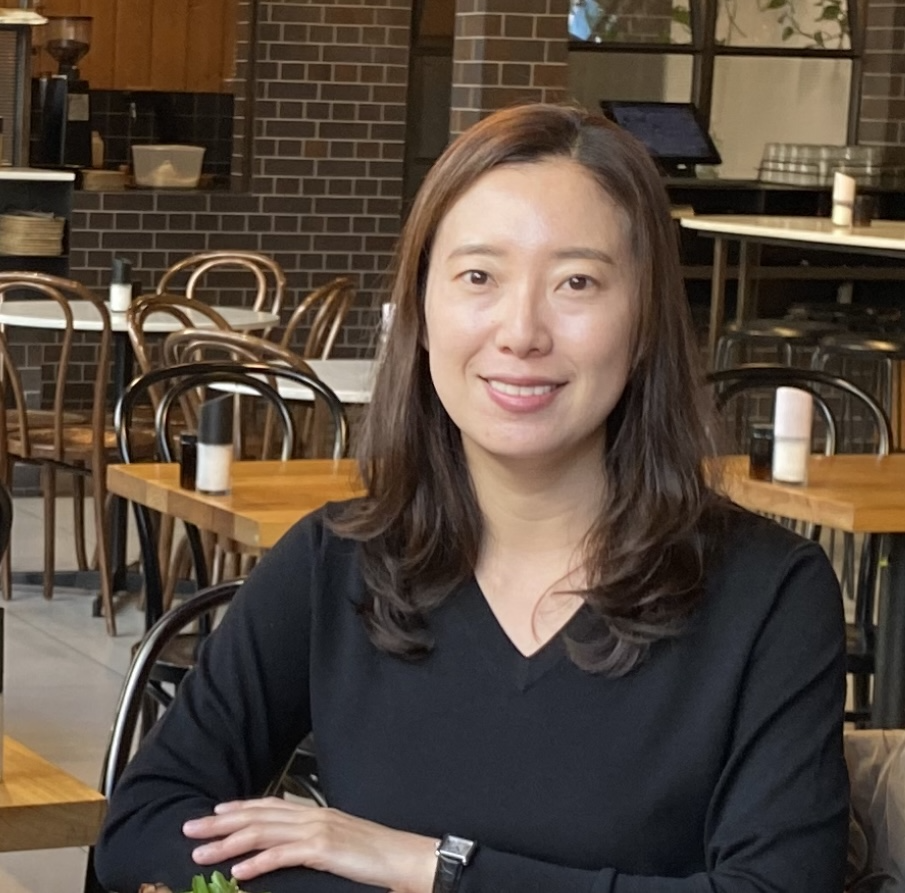
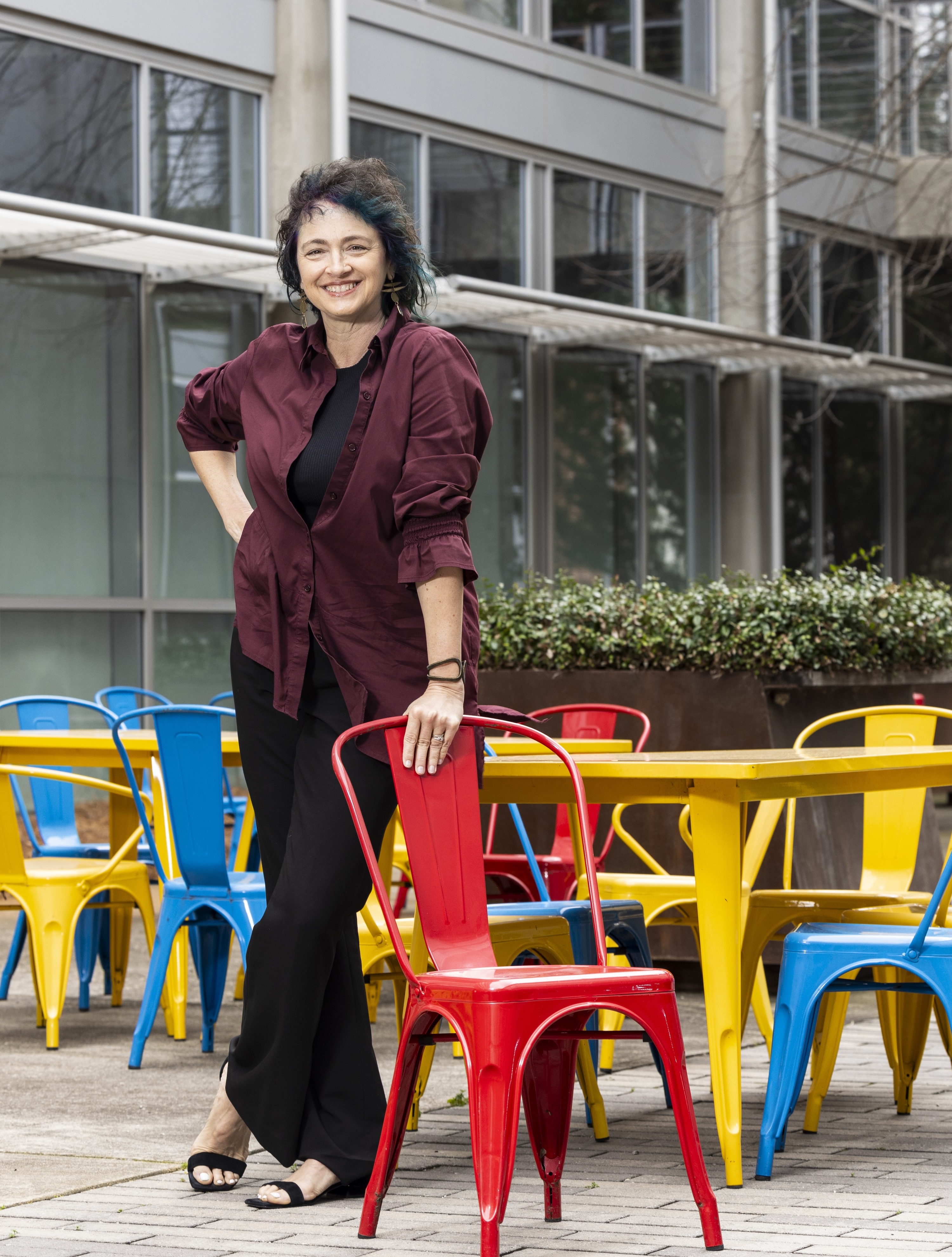 MELISA CAHNMANN-TAYLOR, Meigs Professor of Language and Literacy Education at the University of Georgia, is the co-author of The Creative Ethnographer's Notebook (2024), the poetry book, Imperfect Tense (2016) and five other books on the arts of language and education: Enlivening Instruction with Drama and Improv (2021), Teachers Act Up: Creating Multicultural Community Through Theatre (2010) & Arts-Based Research in Education, first and second editions (2008; 2018; third edition, In Press). Recipient of six NEA Big Read Grants, a 2023 NEA Distinguished Fellowship, Hambidge Residency Award, and the Beckman award for Professors Who Inspire, she's served for over ten years as poetry editor and ethnographic poetry judge for Anthropology & Humanism. Awarded a 2013-2014 Fulbright for nine-month study of adult Spanish language acquisition in Oaxaca Mexico, she was appointed in 2020 as Fulbright Scholar Ambassador. Her poems, translations, and essays have appeared in the Bitter Southerner, Georgia Review, Lilith, American Poetry Review, Poet Lore, Barrow Street, Mom Egg, Plume, Tupelo, Rattle, Hawaii Pacific Review and elsewhere. She and Kuo Zhang are the exclusive translators for the Labour Poet Laureate of China, Nianxi Chen.
MELISA CAHNMANN-TAYLOR, Meigs Professor of Language and Literacy Education at the University of Georgia, is the co-author of The Creative Ethnographer's Notebook (2024), the poetry book, Imperfect Tense (2016) and five other books on the arts of language and education: Enlivening Instruction with Drama and Improv (2021), Teachers Act Up: Creating Multicultural Community Through Theatre (2010) & Arts-Based Research in Education, first and second editions (2008; 2018; third edition, In Press). Recipient of six NEA Big Read Grants, a 2023 NEA Distinguished Fellowship, Hambidge Residency Award, and the Beckman award for Professors Who Inspire, she's served for over ten years as poetry editor and ethnographic poetry judge for Anthropology & Humanism. Awarded a 2013-2014 Fulbright for nine-month study of adult Spanish language acquisition in Oaxaca Mexico, she was appointed in 2020 as Fulbright Scholar Ambassador. Her poems, translations, and essays have appeared in the Bitter Southerner, Georgia Review, Lilith, American Poetry Review, Poet Lore, Barrow Street, Mom Egg, Plume, Tupelo, Rattle, Hawaii Pacific Review and elsewhere. She and Kuo Zhang are the exclusive translators for the Labour Poet Laureate of China, Nianxi Chen.